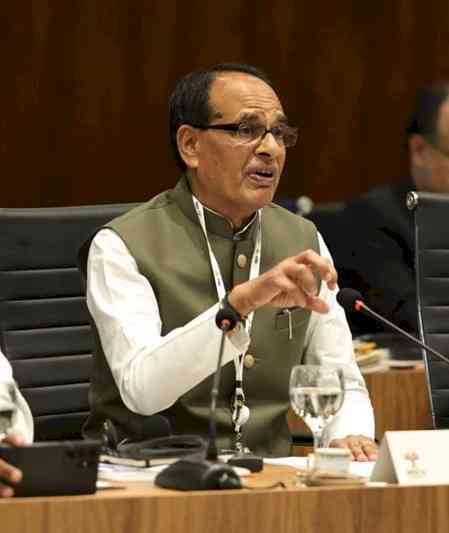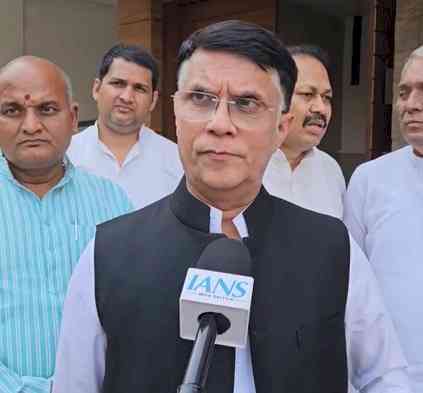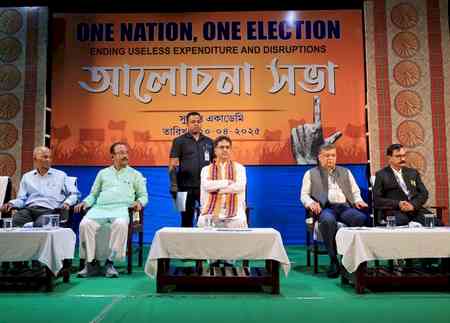Surge in Eye Donation Rates by 50% Post-Pandemic Revealed by Experts at Dr. Agarwal’s Eye Hospital
In a significant development during the ongoing National Eye Donation Fortnight, experts at Dr. Agarwal’s Eye Hospital have reported a remarkable 50% increase in eye donation numbers following the pandemic. This heartening trajectory underscores a positive transformation in public consciousness and perspectives towards the act of eye donation, profoundly contributing to the noble endeavor of sight restoration and overall life enhancement.

Mumbai, September 7, 2023: In a significant development during the ongoing National Eye Donation Fortnight, experts at Dr. Agarwal’s Eye Hospital have reported a remarkable 50% increase in eye donation numbers following the pandemic. This heartening trajectory underscores a positive transformation in public consciousness and perspectives towards the act of eye donation, profoundly contributing to the noble endeavor of sight restoration and overall life enhancement.
“Corneal blindness affects a significant number of individuals, with approximately 1.2 lakh people in need of corneal transplants to regain their sight. Corneal transplantation through eye donation stands as the sole avenue to restore vision and significantly enhance the quality of life for these individuals. Every donated eye has the potential to restore the gift of sight and illuminate the lives of those living in darkness. By pledging to donate their eyes after death, individuals can leave a lasting legacy that continues to impact lives even after they are gone.” Said, Dr Minal D Kanhere, Cornea, Cataract & Refractive Surgeon, Dr. Agarwal’s Eye Hospital, Chembur.
Dr. Kanhere further added, “Eye donation plays a pivotal role in saving and improving lives. According to experts, major causes of blindness in India include cataract (66%), corneal diseases (15%), retinal disorders (6%), and glaucoma (5%). Shockingly, up to 93% of blindness and 97% of visual impairment cases can be attributed to avoidable causes.”
In Maharashtra, the number of corneal transplants experienced a decline of 72% during the pandemic, with only 847 procedures conducted in 2020-2021 compared to 3058 in the preceding year. However, the post-pandemic period has witnessed a steady recovery, reflecting a positive shift in the collective mindset towards eye donation. Currently, nearly 1,300 corneal blind individuals are awaiting transplants in Maharashtra. The pandemic had a substantial impact on eye donation, causing an 80% drop in donations between 2019-2020 and 2020-2021. However, the numbers are now on an upward trajectory. Despite this increase, only half of the collected corneas are fit for transplants, with the rest utilized for research purposes. Overcoming challenges such as lack of awareness, family opposition, and misconceptions requires a concerted effort. Raising awareness through social media, newspapers, community health talks, eye donation walks, and public demonstrations can contribute to surmounting these hurdles.
With the objective of creating awareness about the importance of eye donation, Dr. Agarwal's Eye Hospital orchestrated a rally that drew an impressive crowd of nearly 150 participants, including consultants and enthusiastic college students. The event commenced with a dignified inauguration by Mr. D Sivanandan, the esteemed former Police Commissioner of Mumbai.
Dr. Smit Bawariya, Dr. Kavita Rao, and along with the staff from Dr. Agarwal's Eye Hospital in Wadala actively participated in the proceedings. The rally culminated at Khalasa College, where the principal expressed heartfelt gratitude to all involved and left a touching thank-you note as a testament to the event's success. Through these initiatives, the hospital aims to nurture a sense of responsibility and ignite enthusiasm for the noble act of cornea donation. The primary objective is to motivate individuals and provide corneas to approximately 13 million people, bestowing upon them the invaluable gift of sight and a fresh outlook on the world.
For the past 38 years in India, the National Eye Donation Fortnight has been an annual observance held from August 25th to September 8th. Its purpose is to create awareness about the significance of eye donation and dispel misconceptions associated with it. During this period, both local and central organizations collaborate to promote and enlighten individuals about the merits of contributing their eyes. By doing so, they can leave a meaningful legacy that extends beyond their own lifespan, bestowing the invaluable gift of sight upon those who require it. Recent advancements in eye donation include increased awareness, improved cornea retrieval methods, stringent screening protocols, advanced eye banking techniques, and innovative surgical methods. These developments contribute to the success of corneal transplants and underscore the need for continuous awareness efforts.
While the recent increase in eye donation numbers is encouraging, there remain underlying challenges that hinder its widespread practice. Cultural, religious beliefs, misinformation, and myths continue to discourage potential donors. Misconceptions regarding face disfigurement after eye retrieval, concerns about improper treatment of the body, and a lack of trust in the utilization of donated tissue are some of the common myths that need to be addressed. Experts emphasize the importance of dispelling these myths through awareness campaigns. Eye donation knows no barriers; there are no specific criteria for becoming a donor. Anyone and everyone can contribute to this noble cause. While medical conditions like HIV, Hepatitis B, Hepatitis C, and syphilis might prevent the use of donated eyes for transplantation, they remain valuable for research and training purposes.


 City Air News
City Air News 










